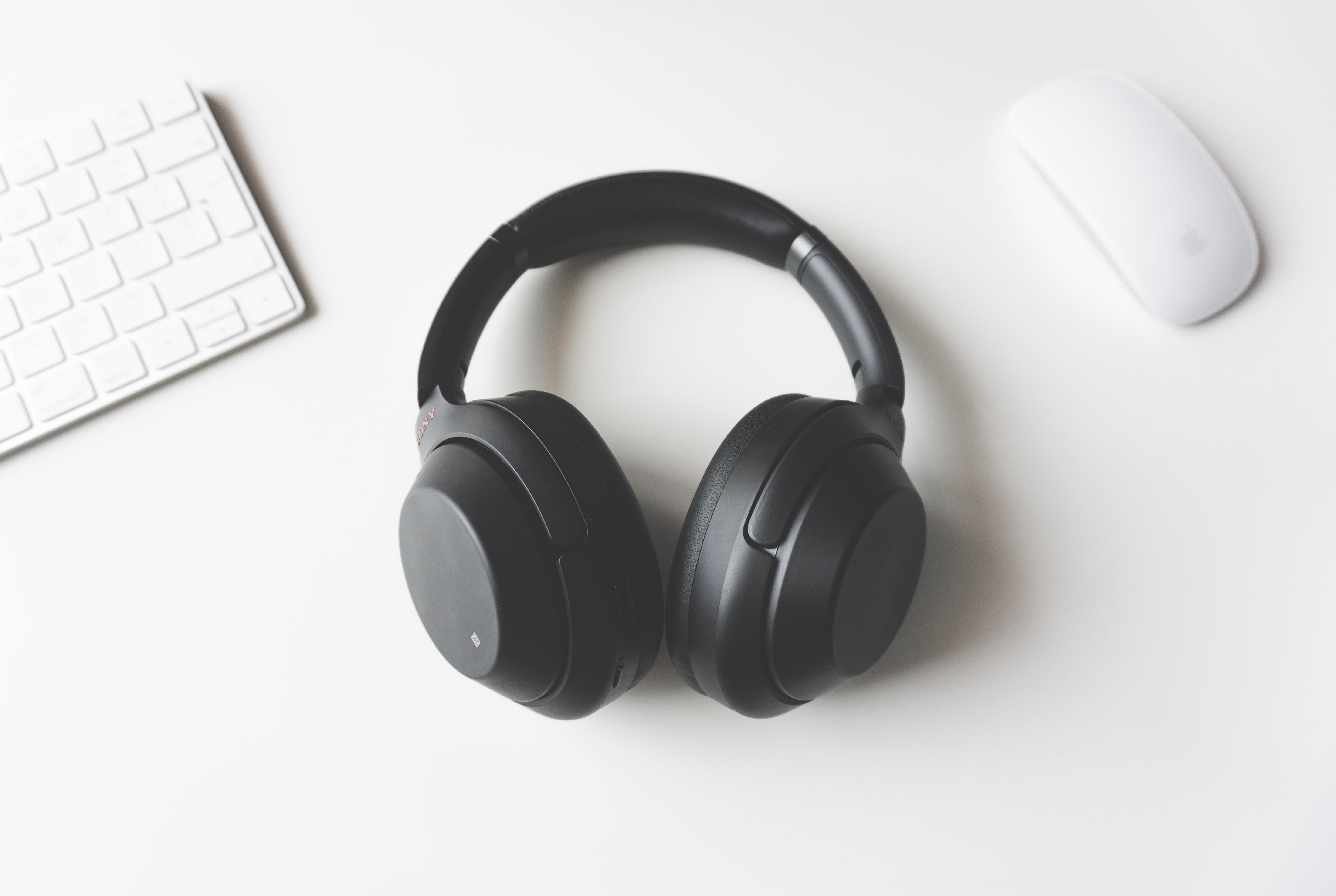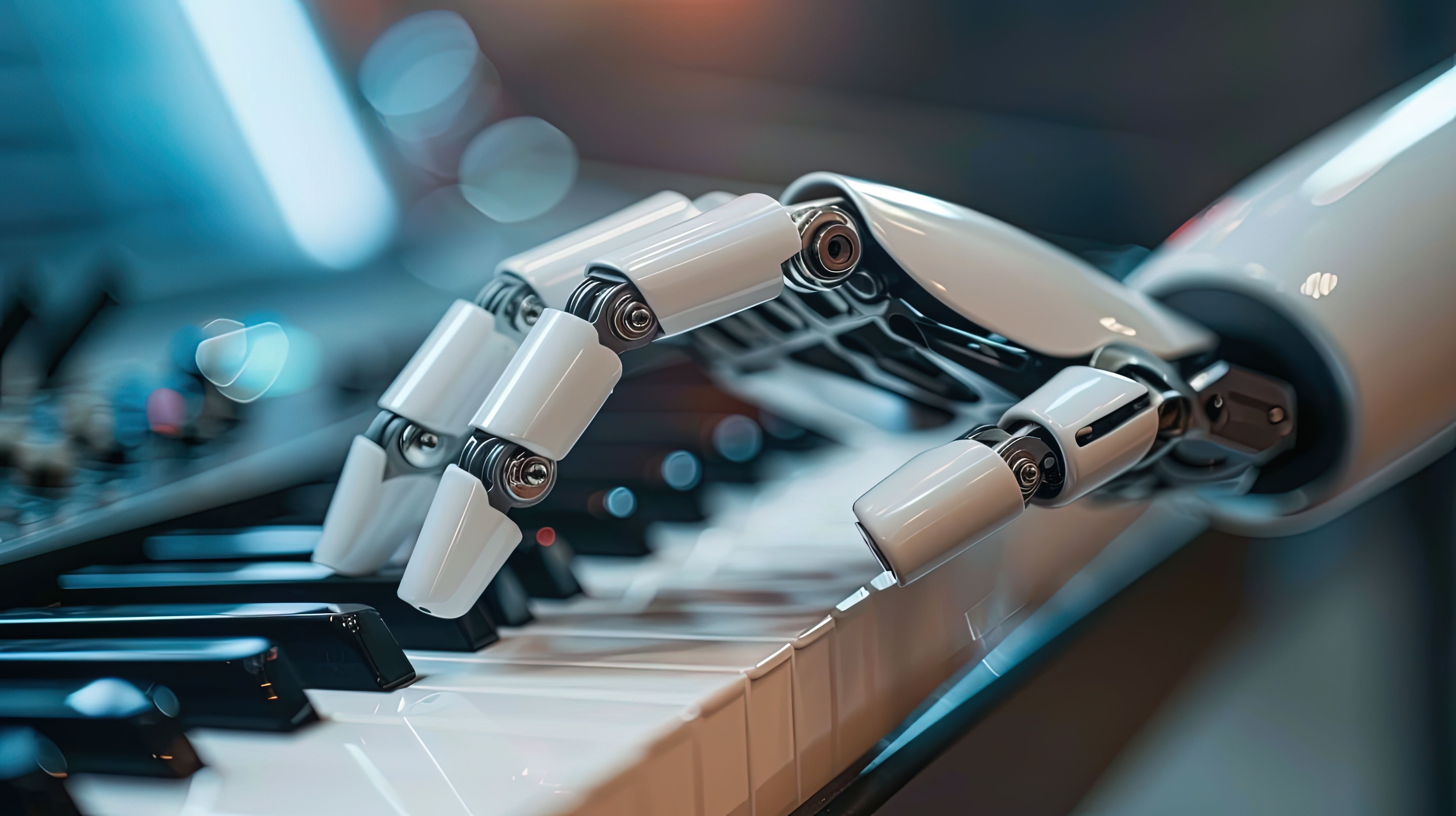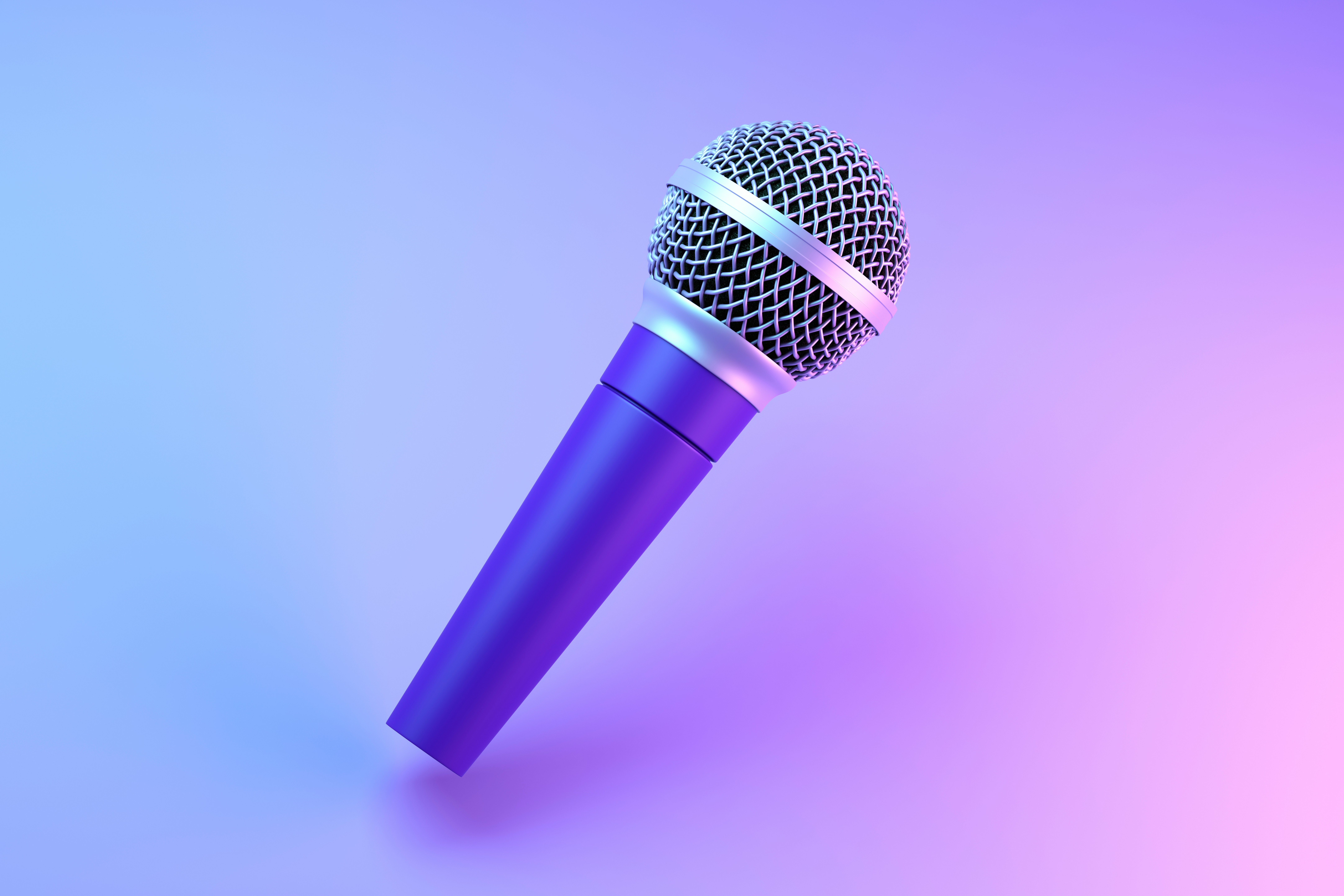While artificial intelligence (AI) is praised by some as a motor for economic progress, others fear the demise of human creative work. When it comes to music, it is worthwhile to calmly analyse the foreseeable effects.
Since the Age of Enlightenment, when the creative creation of music (composing) and its performance were recognised as worth being protected and being of economic use, the process of music creation has changed continuously, as have the uses to which music is put.
Considering the impact of AI-generated music in the wake of earlier mechanisation, electrification and digitisation, the partial or complete machine generation of music is only a logical step.
Copyright law and the exploitation of music have adapted to every advance in this process. With AI, too, this legal and economic adaptation process is already taking place and will accelerate. In this respect, computer-generated music does not represent a revolution, but rather gradual evolution. However, with massive economic effects.
As is well known, lawyers can discuss any question at length, e.g. ....
- may an AI music generator (such as Mubert, Ecrett or Loudly) simply access the music available on the net (web scraping) to train with it?
- are AI generated recordings and compositions thus protected by copyright?
- does it remain my song if I have it improved with the help of e.g. databass.ai?
- am I allowed to register as a lyricist with a copyright collecting society e.g. GEMA if I have had the lyrics to my composition written by AI?
Legally, the answers to these questions will ultimately come down to well-known results:
- If a song is freely available on the net (or on the radio or on a sound carrier), then - from a copyright point of view - anyone is allowed to listen to it, including a computer for training/data mining purposes. However, access to data mining may also be prohibited by the website operator (sec. 44b (3) UrhG), e.g. in the subscription/licence agreement or by technical protection measures (sec. 95a UrhG).
- No, AI-generated music does not enjoy copyright protection in Germany and the EU. Only humans, i.e. natural persons, can be creators of a work.
- Yes. If the original song was a protectable composition, the computer-generated adaptation does not change this. The original creator therefore remains the creator of the further versions. The respective transitions will be exciting.
- No, because you are not the author of the lyrics and therefore do not meet the registration requirements of the Collecting Society. But where there is no plaintiff, as here, there is no judge. And maybe the prompt already had work quality, then 3) is applicable.
Though it will be really exciting from an economic point of view, with the future creation of value with music. There will be upheavals here.
Contrary to all the prophecies of doom, neither the digitisation of music nor the extensive shift of use to streaming has permanently reduced the total revenues generated with music. On the contrary, revenues from recorded music have permanently increased. However, powerful new market participants have emerged with the internet (streaming) platforms. This centralisation in favour of large digital providers inevitably leads to the question of distributive justice and musical quality, which, however, would go beyond the scope given here.
With regard to so-called functional music (background music, or so called utility music), it can be stated in economic terms that its use will continue to increase. And the satisfaction of the associated needs will likely be better fulfilled by machine-generated acoustics than by humans. The algorithm will learn at which sounds the target group is most willing to buy, most empathetic or most calm. Why should a gym or a restaurant use artists music subject to GEMA levy when there are cheaper, more accurate alternatives. Few of us tailor our own clothes when there is a variety of pre-made clothing available at low prices.
In terms of artist- and author-created music, AI will continue to establish itself as a support tool. In the process, new digital players will emerge in the market. In addition to the technically and/or creatively supporting platforms (such as emastered.com or databass.ai), there will also be market participants who document the creation process (cryptographically secured like fuse.space).
Only in this way will it ultimately be possible to answer the decisive question in a digitalised, AI-supported music world:
man or machine? Made by computer or by human being? Mine or yours?
Conclusion:
Since it is impossible to prevent AI providers from accessing musical Internet content for training purposes, the process must be regulated economically.
Insofar as copyright-protected works are used in the process, this is to be qualified as a new type of use. In future, an appropriate fee must be paid to the human authors for this (training) use.
If machine-generated music satisfies the needs of the recipients better than artist-created music, this is to be accepted.
In the case of copyrighted, man-made works, as with other globalized, digital processes, the shift will take place via the huge market players.
In terms of the technical part, the shift of value creation will take place towards the best music AI providers, in terms of the distribution part towards the streaming and social media platforms, and in terms of the human-creative part towards shooting stars and megastars. These stars will be able to adapt even more efficiently to the desires and needs of their fans (also thanks to AI). It will lead to a changed balance between technology and creation.
created without the help of ChatGPT or other AI




